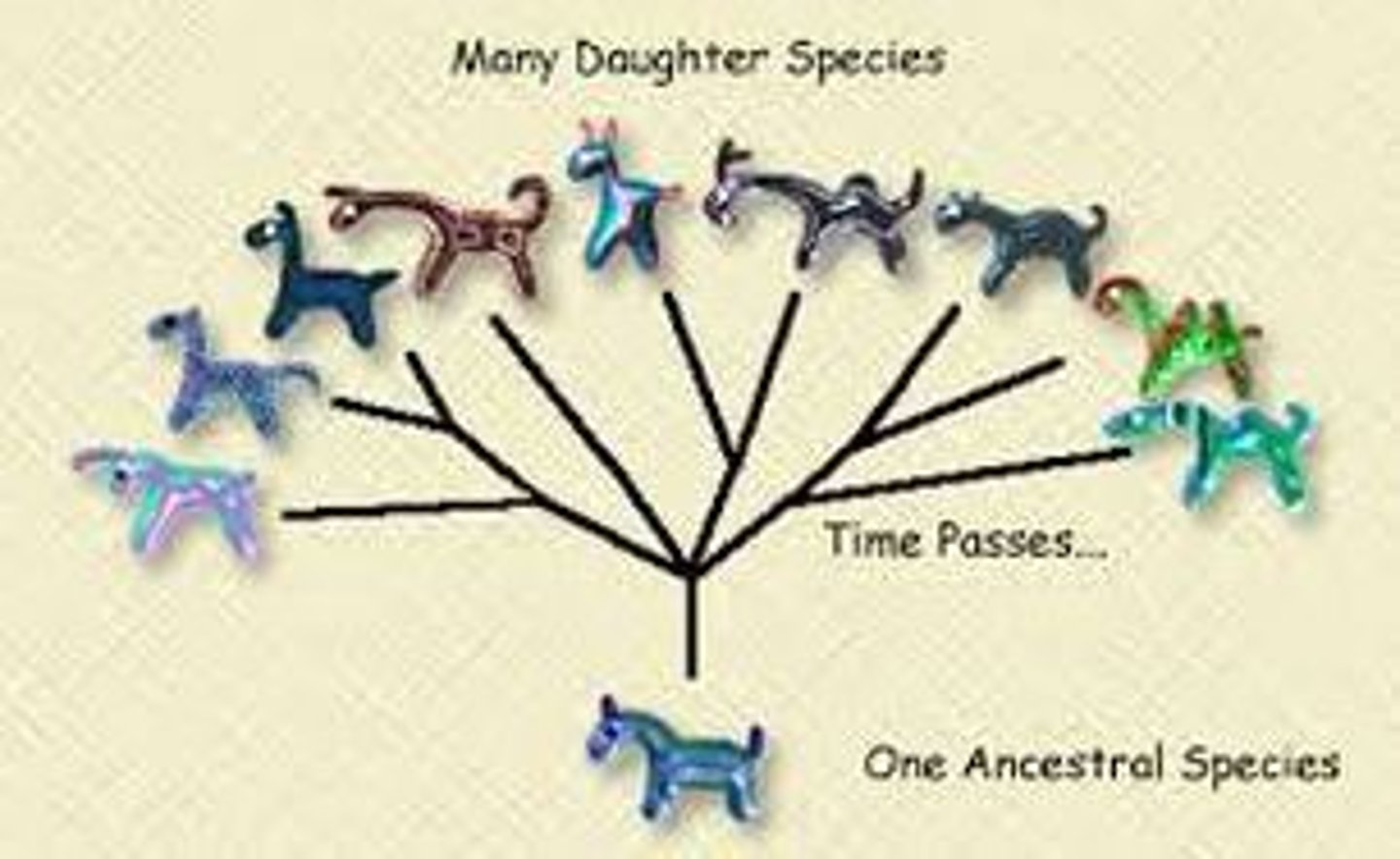Extinction
1/11
There's no tags or description
Looks like no tags are added yet.
Name | Mastery | Learn | Test | Matching | Spaced | Call with Kai |
|---|
No analytics yet
Send a link to your students to track their progress
12 Terms
Extant taxa
term for taxa that are still alive, not extinct
Extirpation
term for death of the last individual of a population
Extinction
term for extirpation of all populations of a species
Mass extinction
term for the loss of 3/4 of earth's species in a geologically short period of time
Ordovician
443 mya
-86% of species; glacial and interglacial episodes, sea level rise and fall, change in atmospheric and oceanic chemistry
-first major mass extinction event on Earth
Devonian
359 mya
-75% of species; global climate change, anoxic deepwater spreading to shallower water, ultimately we do not know the cause
-extinction event
permian
251 mya
-96% of species; Siberian volcanism and global warming,spread of anoxic marine water, increased concentration of CO2 and H 2 S, ocean acidification
-largest known mass extinction
Triassic
200 mya
-80% of species; Volcanic activity in Central Atlantic Magmatic Province (CAMP) raised atmospheric CO 2 , increasing global temperatures and leading to calcification crisis in oceans
-mass extinction
cretaceous
65 mya
-: 76% of species; bolide impact in Yucatan resulting inrapid cooling, probably combined with Deccan volcanism, ultimately a shift toglobal warming, eutrophication and anoxia of the oceans
adaptive radiation
An evolutionary pattern in which many species evolve from a single ancestral species

dead clades walking (Theory)
When a clade, or part of a clade, survives a mass extinction but will never reach what it was before the extinction. Often times the clade can not make a full recovery and will extirpate
-eg living fossils; nautilus, coelacanth
sixth extinction
this is an ongoing extinction event of species during the present Holocene epoch, mainly due to human activity.
causes:
1. population
2. consumption
3. climate change